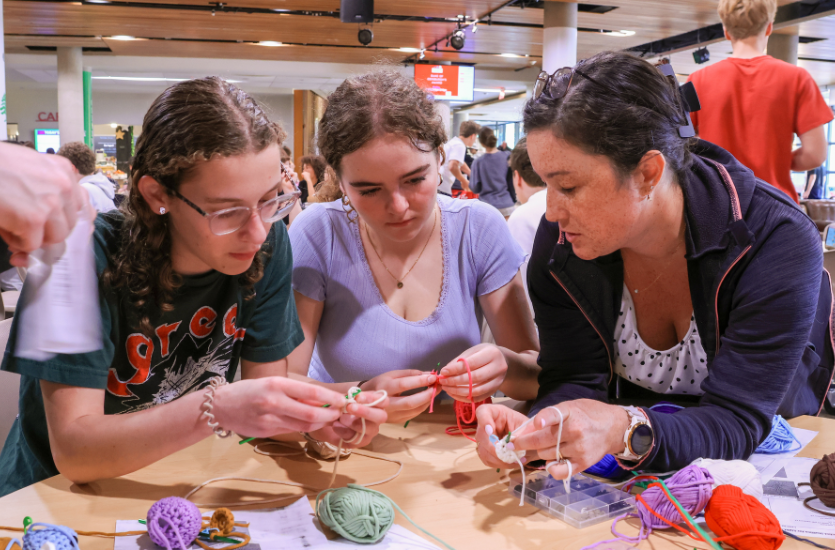In today’s rapidly evolving world, education must do more than impart knowledge; it must empower young people to grow, lead, and thrive. At the intersection of academic rigor and personal development lies Award Canada’s Co-curricular Approach, a transformative strategy that is redefining how youth development is delivered across Canada.
Empowering Youth through the Award Canada Way
Award Canada, the national arm of The Duke of Edinburgh’s International Award, has long championed the idea that not all learning happens in the classroom. Its framework is built on the belief that structured, experiential learning when paired with academic curriculum, can unlock a young person’s full potential. Through a blend of voluntary service, physical recreation, skill development, and adventurous journeys, the Award helps youth build resilience, confidence, and leadership skills that extend far beyond school walls.
The Award’s three-level structure (Bronze, Silver, and Gold) offers progressive challenges that encourage participants to set goals, reflect on their growth, and celebrate their achievements. These experiences are not just enriching; they are life-shaping, fostering autonomy, emotional intelligence, and a sense of purpose.
Integrating Experiential Education into Public Schools
Award Canada’s Co-curricular Approach pilot, launched in Ontario, Saskatchewan and Newfoundland, is a national first. By embedding the Award framework into high school programs like the Specialist High Skills Major (SHSM) or Careers Education Course, students can earn academic credentials while simultaneously achieving personal development milestones. This integration bridges the gap between academic education and real-world learning, ensuring that students are not only academically prepared but also life-ready.
The impact is profound:
- Educators report improved attendance, engagement, and learning ownership among students.
- Students develop critical soft skills such as communication, self-regulation, and teamwork that are essential for both academic and career success.
- Underserved youth, including those in rural or under-resourced communities, benefit from a framework that is accessible, adaptable, and inclusive.
Reducing Barriers, Enhancing Equity
One of the most powerful aspects of Award Canada’s model is its ability to reduce barriers to participation. By aligning with provincial priorities and offering flexible entry points, the Award supports a wide range of learners, including those in trades-focused pathways, special education, dual-credit programs, and academic streams, recognizing and valuing the diverse ways students pursue success.
This inclusive design ensures that every young person, regardless of background, has the opportunity to:
- Discover their strengths
- Build meaningful relationships with mentors
- Contribute to their communities
- Achieve recognized milestones that boost employability and self-worth
A Model for the Future of Education
The Award is more than a framework, it’s a movement. Rooted in decades of youth development research and global best practices, it offers a scalable, evidence-based solution to some of education’s most pressing challenges. As Canada continues to navigate economic, social, and technological change, the Award provides a pathway to potential for the next generation.
Whether through partnerships with post-secondary institutions like Fanshawe College and Sheridan College, or collaborations with school boards and industry leaders, Award Canada is proving that self-development and academic achievement are not mutually exclusive, they are mutually reinforcing.
Read more about the Co-curricular ApproachShare this...
